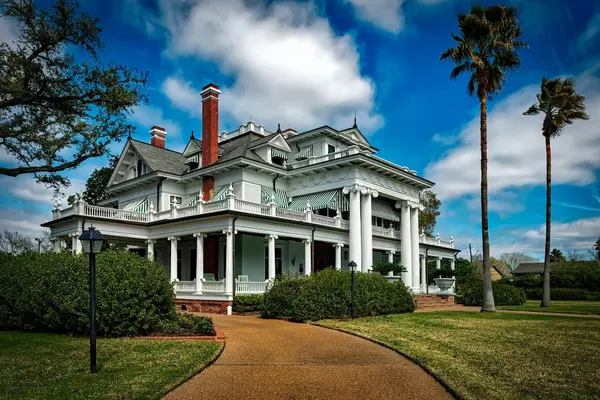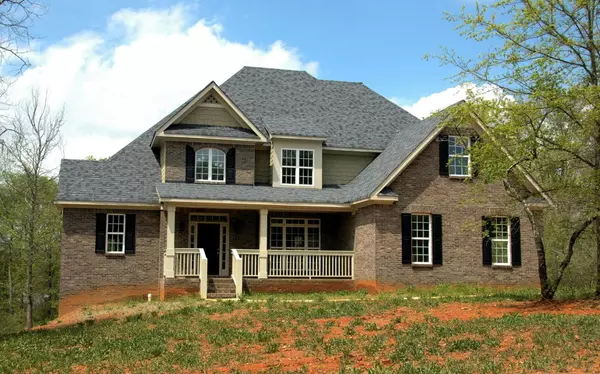Understanding Closing Costs: What Home Sellers Need to Know


When preparing to sell your home, understanding closing costs is essential for effective financial planning. Closing costs are the various fees and expenses due at the finalization of the sale, and they can add up quickly. Here’s a comprehensive breakdown to help you anticipate these costs:
1. Title Insurance
Title insurance safeguards against any future claims or issues with the property’s title. As a seller, you might be responsible for purchasing a title insurance policy for the buyer. This cost generally ranges from $500 to $1,000, depending on your location and the sale price of your home.
2. Transfer Taxes
Transfer taxes are imposed by many states and municipalities when a property changes ownership. These taxes can vary significantly, so it’s crucial to check local regulations. On average, transfer taxes range from 0.1% to 2% of the sale price.
3. Home Repairs and Inspections
While not strictly a closing cost, home repairs and improvements based on the inspection report can affect your final financial picture. Allocate a budget for potential repairs to avoid unexpected costs. Ensuring your home is in good condition can also make it more appealing to buyers.
4. Prorated Property Taxes
Property taxes are usually prorated up to the closing date. If you’ve paid taxes in advance, you might receive a credit. Conversely, if taxes are due, you’ll need to cover your share at closing. This amount varies based on local tax rates and the timing of your sale.
5. Escrow Fees
Escrow fees cover the cost of managing the transaction and ensuring all parties fulfill their contractual obligations. These fees typically range from $500 to $2,000, depending on the complexity of the transaction and local practices.
6. Recording Fees
Recording fees are charged by county or local governments to officially document the property sale. These fees generally range from $50 to $150, depending on your location.
7. Home Warranty
Offering a home warranty can be a compelling selling point and might be included as a seller’s concession. A home warranty, costing between $300 and $600, covers potential repairs or replacements of major home systems and appliances.
8. Outstanding Liens or HOA Fees
Ensure that all outstanding liens or Homeowners Association (HOA) fees are cleared before closing. Any remaining dues or obligations will need to be settled as part of the transaction to avoid complications.
9. Miscellaneous Costs
Additional costs may arise, such as courier fees or document preparation fees. These smaller expenses can accumulate, so it’s wise to budget for any unforeseen costs.
The Value of a Real Estate Agent
It’s vital to recognize the value a real estate agent brings to the process. An experienced agent provides invaluable support by accurately pricing your home, managing negotiations, handling paperwork, and ensuring a smooth transaction. Their expertise helps you navigate these costs effectively and achieve the best possible financial outcome.
Planning Ahead
Being well-informed about and planning for closing costs can make the selling process smoother and help avoid last-minute surprises. By budgeting for these expenses, you can manage your financial expectations and enjoy a successful home sale.
For personalized guidance on selling your home and managing closing costs, contact me today. I’m here to assist you every step of the way in the selling process.
Categories
Recent Posts











"Molly's job is to find and attract mastery-based agents to the office, protect the culture, and make sure everyone is happy! "
